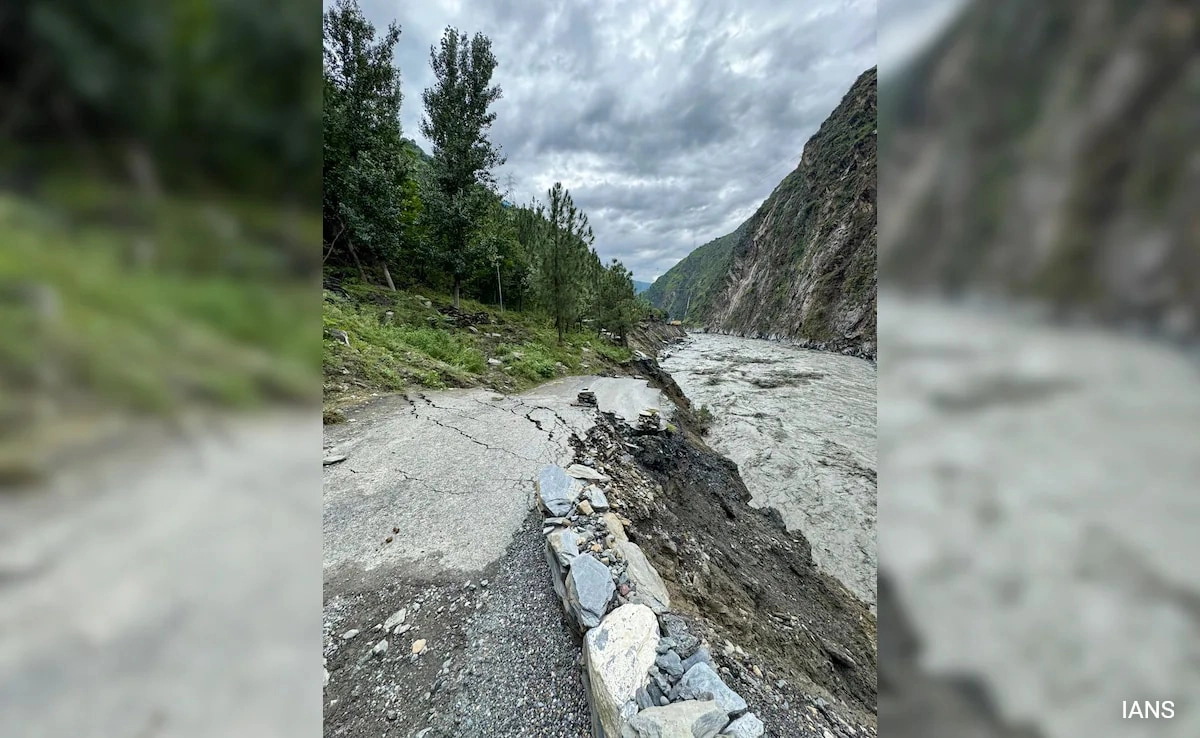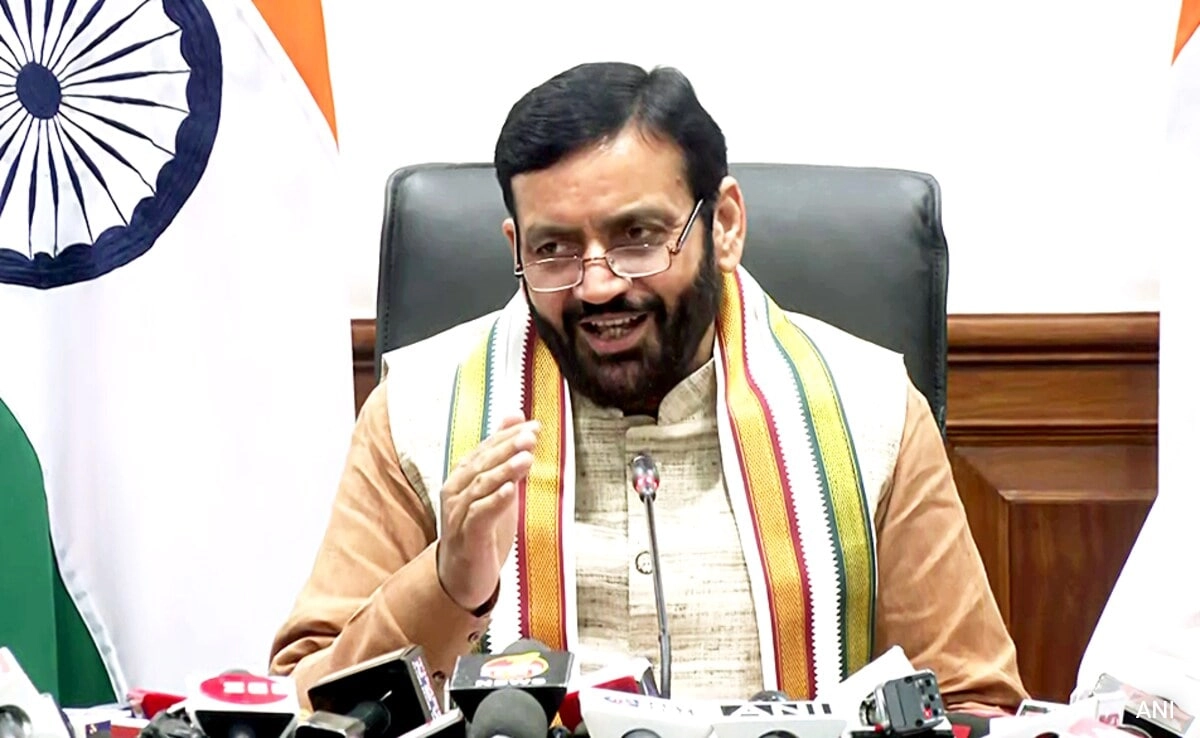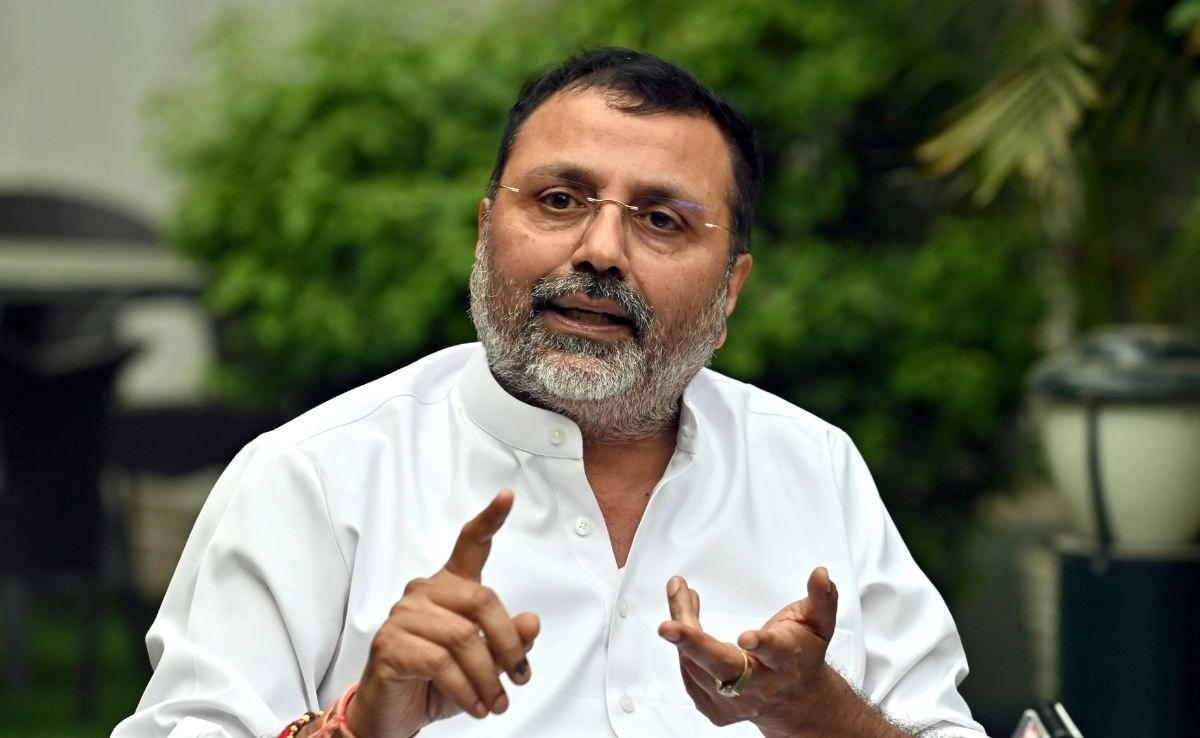As heavy rains continue to batter parts of North India, Prime Minister Narendra Modi has described the situation as a significant test for the nation. The relentless downpours have caused severe disruptions, leading to widespread flooding and landslides in several regions. In response to the crisis, the Prime Minister has urged both state and central agencies to work in unison, ensuring that immediate relief and rescue operations are effectively executed. The government’s swift response is crucial, as the safety and well-being of affected communities depend on efficient disaster management strategies.
The impact of the torrential rains has been felt acutely across various states, with reports of infrastructure damage, loss of crops, and displacement of residents. Many areas have experienced power outages, further complicating the situation for those already grappling with the aftermath of natural calamities. Prime Minister Modi’s acknowledgment of the challenges posed by these natural disasters emphasizes the need for resilience and preparedness in the face of such adversities. The government’s commitment to providing assistance underscores the importance of solidarity during times of crisis.
In light of these events, experts are calling for enhanced disaster preparedness and response systems to mitigate the effects of future natural disasters. The current situation serves as a reminder of the urgency of addressing climate change and its implications, as extreme weather events become more frequent and intense. Furthermore, the Prime Minister’s appeal for national unity highlights the collective responsibility of citizens, government agencies, and local organizations in tackling the challenges posed by such disasters. As North India grapples with the consequences of the ongoing rains, the focus remains on ensuring that relief reaches those in need and that lessons are learned to strengthen the nation’s resilience against future calamities.




